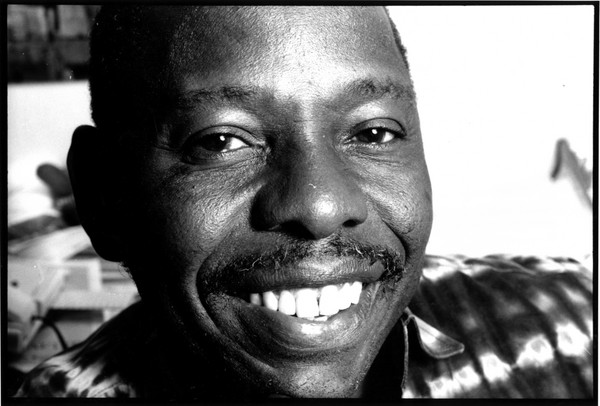Several prominent human rights organizations have rejected President Bola Tinubu’s recent posthumous pardon and national honours awarded to Ken Saro-Wiwa and eight other Ogoni activists executed in 1995, insisting that what is needed is full exoneration, not a pardon.
Amnesty International, in a statement released shortly after the announcement on June 12, criticised the move as inadequate and symbolic at best. According to the group, the Ogoni Nine were victims of a flawed and politically motivated trial under the Sani Abacha regime, and their execution remains one of the darkest chapters in Nigeria’s human rights history.
“There can be no justice without truth,” Amnesty stated. “A presidential pardon implies guilt. What these men deserve is to have their names cleared entirely and the Nigerian government must officially acknowledge the miscarriage of justice that led to their deaths.”
The Civil Liberties Organisation (CLO) also condemned the pardon, arguing that it falls short of true accountability. The group’s executive director, Ibuchukwu Ezike, said that without a formal exoneration and a public apology, the government’s gesture risks being seen as a political move rather than a genuine act of justice. “You cannot pardon people who should never have been convicted in the first place,” he said.
Similarly, the Movement for the Survival of the Ogoni People (MOSOP) issued a statement expressing disappointment, stating that the late Ken Saro-Wiwa and his fellow activists had already been vindicated in the court of global public opinion. According to MOSOP, the Nigerian government must do more than symbolic gestures—it must reopen the case, clear the activists’ names through the appropriate legal and legislative processes, and ensure reparations for their families.
Other civil society actors, including SERAP (Socio-Economic Rights and Accountability Project) and the Centre for Democracy and Development (CDD), emphasized that the pardon does not absolve the Nigerian state of responsibility for the 1995 executions, which were widely condemned by the international community and led to Nigeria’s temporary suspension from the Commonwealth.
Human rights groups have long maintained that the executions were based on fabricated charges and a military tribunal that failed basic legal standards. For many, the only path to reconciliation is through official exoneration, reparative justice, and a renewed commitment to human rights.
In the words of Amnesty International, “True justice for the Ogoni Nine lies not in a pardon, but in an unambiguous recognition that their trial was unjust, their conviction unlawful, and their execution a state-sponsored tragedy.”

